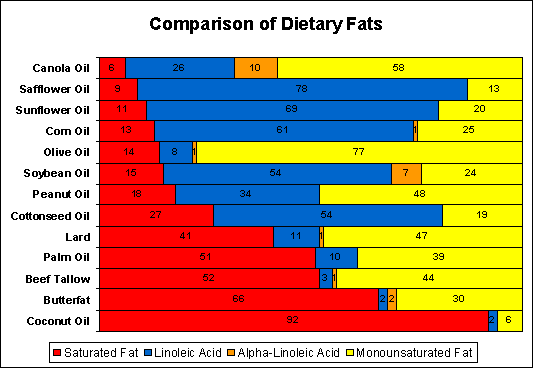I was reminded on another thread of a question that popped up for me recently: it appears from one of his Virta videos that Dr. Phinney is now recommending canola oil.
I don’t like most of the available cooking oils; they gum up my frying pans something awful. I started using coconut oil even before I went keto, because it was recommended by the customer complaint operator at the company that made my corn popper, which I had ruined beyond retrieval with Wesson oil (hey—it was cheap!).
Since joining these forums I have been passing on the recommendations about oils that I read here, but after seeing Dr. Phinney’s new video, I did some checking. We say not to use seed oils because of their smoke points, for one thing, but the table I found shows that most of them have far higher smoke points than butter or coconut oil—even olive oil is higher, as I recall, and we definitely advise not cooking with it because of its low smoke point! Yet we recommend coconut oil, with its lower smoke point? If I can find that blasted table of oils again, I will either link it or post it, so you can see what I’m talking about. (Why the fuck I didn’t link it at the fucking time is fucking beyond me, damn it! Fuck!)
So, sorry folks, it is time to revisit our recommendations about oils and double-check the science behind our recommendations. Who wants to start? What say you, @richard?
Yours in search of clarification,
—Paul





 ).
).